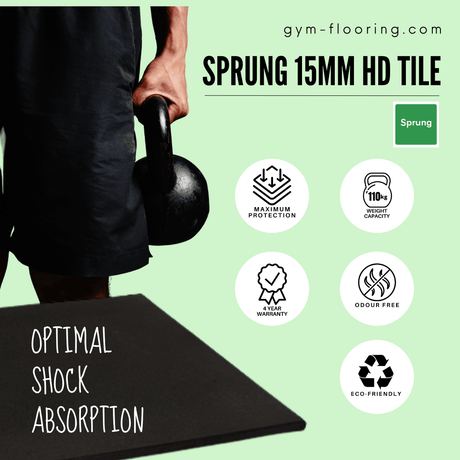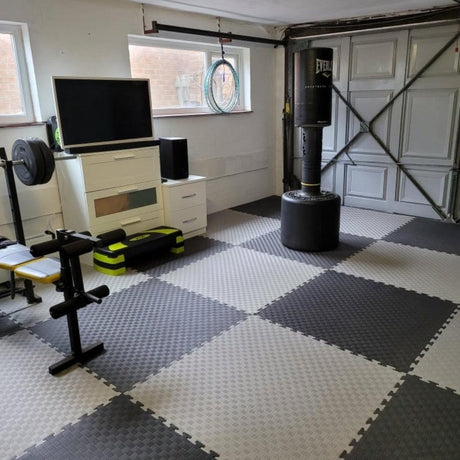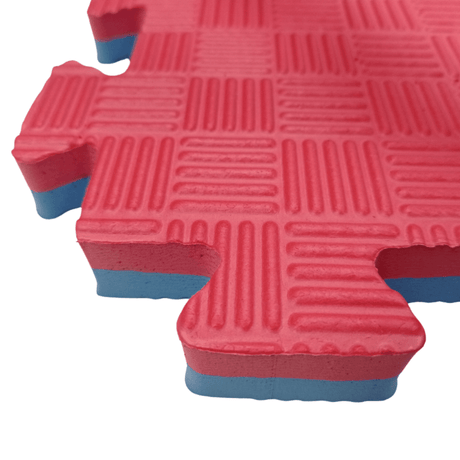When we think of fitness, images of treadmills, dumbbells, and protein shakes often come to mind. However, the most powerful tool in achieving fitness goals isn’t a piece of equipment or a supplement—it’s the mind.
Psychology plays a pivotal role in fitness, influencing everything from motivation and goal-setting to resilience and self-belief. In this article, we delve into the intersection of psychology and fitness, exploring the science behind a winning mindset and how you can cultivate it to elevate your fitness journey.
Why Psychology Matters in Fitness
Fitness is more than just a physical challenge—it’s a mental one. Studies reveal that psychological factors, such as motivation, self-efficacy (your belief in your ability to succeed), and goal-setting, significantly impact adherence to exercise routines. According to a 2022 study published in Health Psychology Review, individuals who set clear, intrinsic goals—like improving mental health or enjoying the process—are more likely to maintain long-term fitness habits compared to those driven solely by external rewards like weight loss.

The mind also plays a crucial role in overcoming barriers. Whether it’s pushing through a tough workout or staying consistent on a busy schedule, mental resilience can mean the difference between progress and stagnation.
The Science of a Winning Mindset
Building a winning mindset involves understanding and utilising key psychological principles:
-
Growth Mindset
Coined by psychologist Carol Dweck, a growth mindset refers to the belief that abilities and skills can be developed through dedication and hard work. In fitness, this mindset helps you embrace challenges and view setbacks as opportunities to grow, rather than reasons to quit. -
Visualisation and Mental Rehearsal
Research in sports psychology highlights the power of visualisation. A study in Frontiers in Psychology (2021) found that mentally rehearsing workouts or visualising yourself achieving fitness goals can improve actual performance and motivation. -
The Power of Habit
Habit formation, as outlined in James Clear’s Atomic Habits, is essential for consistency. Starting small, such as committing to a 10-minute walk daily, creates a foundation for more significant fitness habits to follow.
Practical Steps to Achieve a Fitness Mindset
1. Set Meaningful Goals
Goals give your fitness journey direction, but they need to resonate with you personally. Instead of vague targets like "get fit," aim for specific, actionable goals like "run 5k without stopping in three months." Use the SMART framework (Specific, Measurable, Achievable, Relevant, Time-bound) to refine your goals.
2. Anchor Fitness to Your Lifestyle
Integrating fitness into your daily routine reduces the mental effort needed to stay consistent. Consider blending exercise with activities you already enjoy:
- Cycle to work instead of driving.
- Schedule walking meetings.
- Turn TV time into an opportunity for a home workout or stretching session.
- Build a Home Gym or home workout space for consistency

3. Practice Mindfulness
Mindfulness-based interventions have been shown to improve exercise adherence and reduce stress, according to a 2023 meta-analysis in Mindfulness and Health. Activities like yoga, mindful running, or even focusing on your breath during a workout can help you stay present and enjoy the process.
4. Celebrate Small Wins
Achieving big goals takes time, but celebrating small victories along the way keeps you motivated. Did you show up for a workout despite feeling tired? Celebrate. Hit a personal best in squats? Celebrate. Recognition of these moments reinforces positive behaviour.
5. Build a Support Network
Community and accountability are powerful motivators. Join a fitness class, find a workout buddy, or engage with online fitness communities. A 2020 study in Journal of Sports Sciences found that social support improves motivation and adherence to exercise programmes.
Creative Ways to Blend Fitness & Mindset
- Gamify Your Workouts
Apps like Zombies, Run! or Strava make fitness engaging by introducing game-like elements. Competing with friends, earning badges, or completing story-driven missions can make workouts feel less like a chore and more like an adventure.

- Journal Your Journey
Keep a fitness journal to track progress, reflect on challenges, and note how exercise impacts your mood. Seeing your growth on paper can boost motivation and deepen your connection to the process.
- Try Fitness Meditations
Guided meditations tailored to fitness goals, such as those offered by apps like Calm or Headspace, can help you visualise success, boost focus, and reduce anxiety before a challenging workout.
- Mix Movement with Creativity
Explore activities like dance, martial arts, or parkour. These non-traditional workouts engage both the body and mind, keeping exercise fun and exciting.
Blending Fitness and Mental Wellness

Fitness isn’t just about aesthetics or physical health; it’s a powerful tool for mental well-being. Exercise has been shown to reduce symptoms of depression and anxiety while improving cognitive function and overall happiness. By approaching fitness with a focus on psychological growth, you not only transform your body but also cultivate resilience, self-confidence, and joy.
Final Thoughts
A winning mindset isn’t something you’re born with—it’s something you build. By leveraging psychological strategies and blending fitness into your lifestyle, you can create a sustainable, rewarding relationship with exercise. Remember, the journey is as important as the destination. Celebrate progress, embrace challenges, and trust the power of your mind to unlock your full potential.
If you've been thinking of upgrading your home fitness, explore our home gym flooring options for creating a solid and dedicated space for your exercise goals.




















